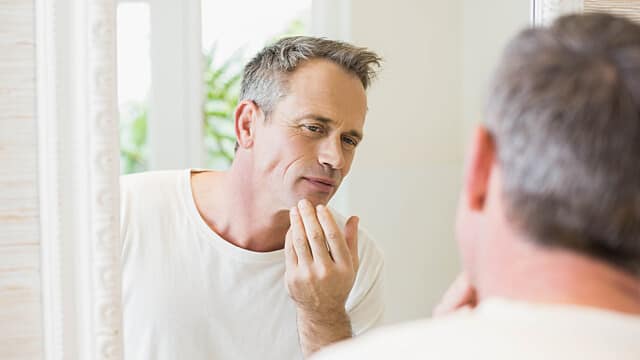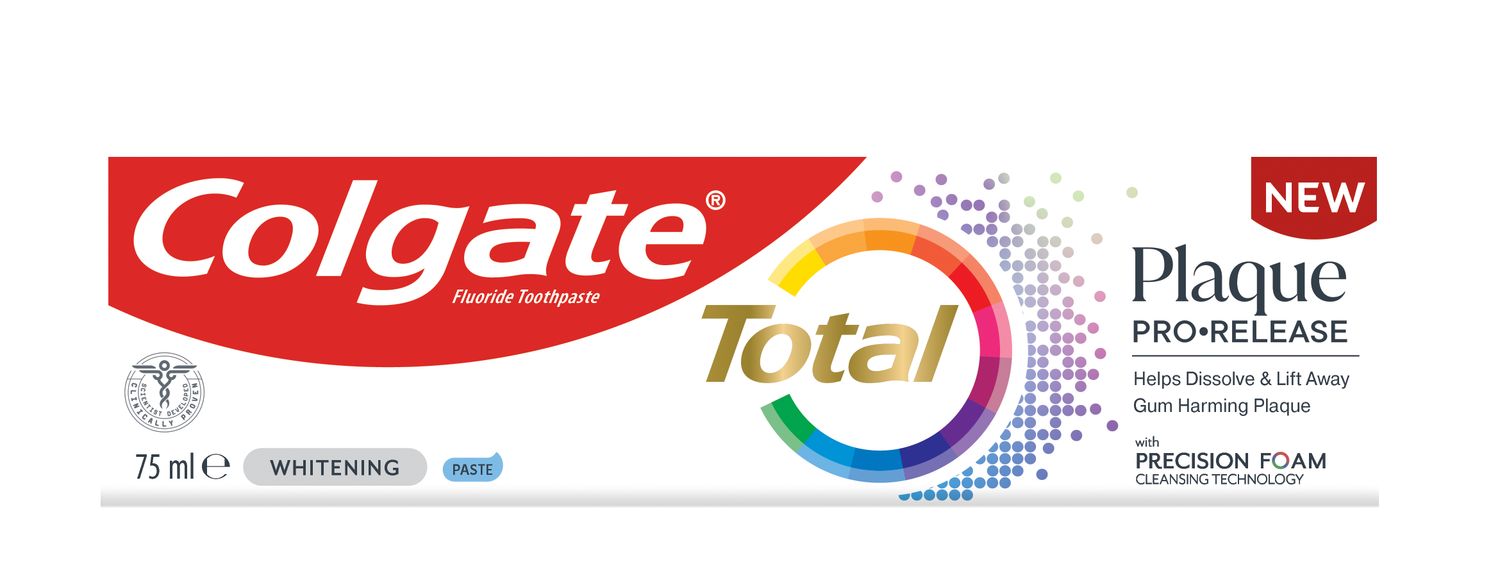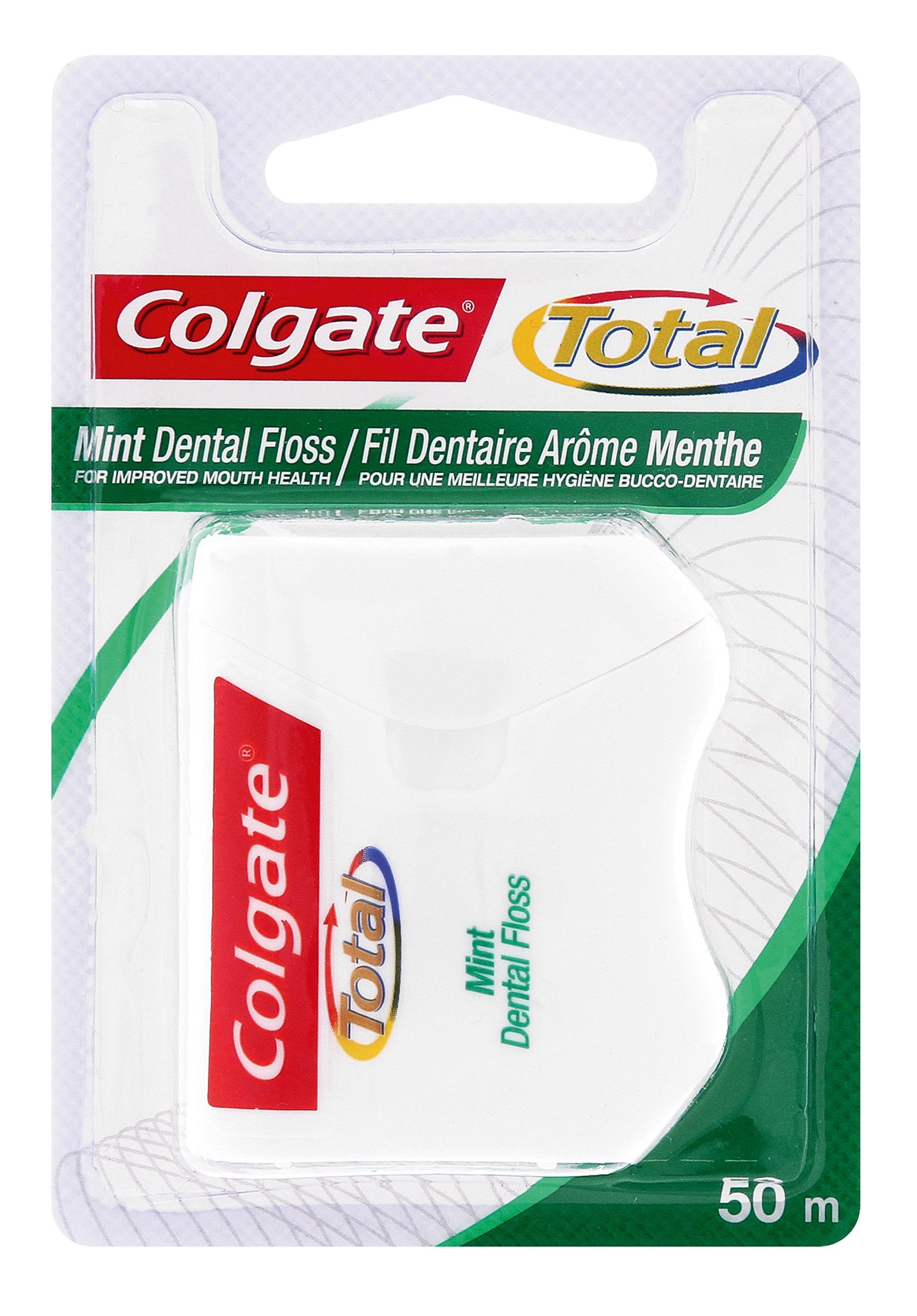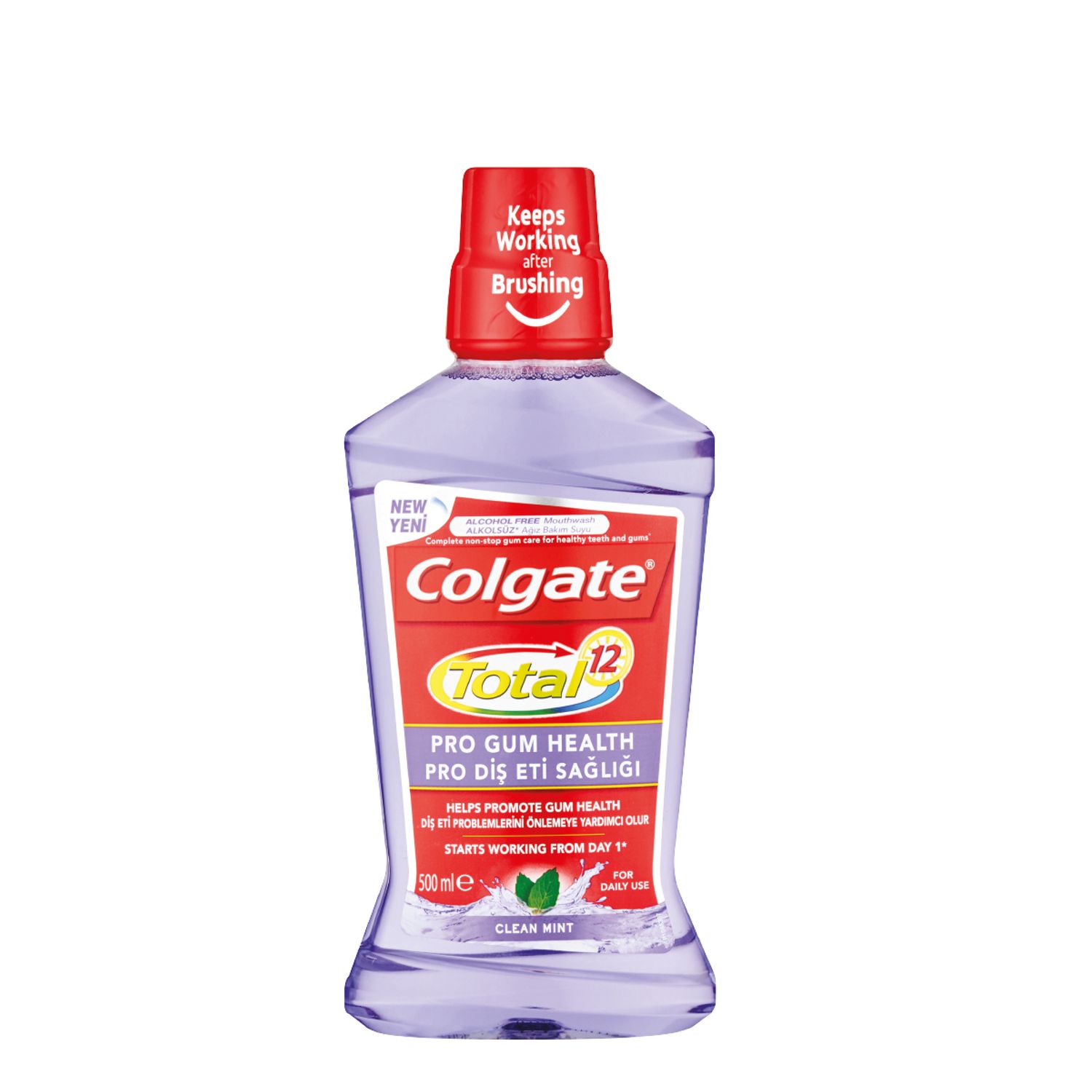-
-

CAVITIES
Can You Heal A Cavity At Home?You feel a sharp pain when you bite down or try to eat. You think it's a cavity, but you're not 100 percent sure...

BAD BREATH
How To Cure Bad BreathMore commonly known as bad breath, halitosis is an embarrassing hygiene issue that nobody wants, but some of us get every now and then...
-
Science & Innovation
- Colgate® | Toothpaste, Toothbrushes & Oral Care Resources
- Oral Health
- Black Hairy Tongue Causes And Treatment


Seeing a black hairy tongue in the mirror is certainly unsettling. You probably want to be sure it's treatable and that your health is not at serious risk. Luckily, this condition is harmless and can be easily treated, notes the Mayo Clinic. Here's how you can get your tongue back to normal and prevent the condition from developing again.
Causes
Black hairy tongue is caused by overgrowth on the surface of the tongue, called hyperkeratosis. As the American Academy of Oral Medicine (AAOM) explains, the tiny bumps on the surface of your tongue (known as papillae) contain the same protein that's responsible for the hair on your head. A black and hairy tongue occurs when there's little to no stimulation on the top of your tongue. As a result, the papillae don't shed and can grow to appear hair-like.
These "hairs" can trap food, germs and yeast, creating black, brown or white discolouration on your tongue. Specific types of mouthwash, antibiotic treatments and radiation therapy can also lead to a hairy tongue. In these cases, check with your dentist to discuss the best mouthwash and medical treatments for you, considering your health history and the potential side effects.
Risk Factors
If you have a black hairy tongue, there's no need to panic. The condition is relatively common and may affect up to 13 percent of the population, reports the AAOM. Individuals of any age can develop it, according to the National Institutes of Health (NIH). The likelihood increases as you age, however, and the condition is more common in males, as reported by the AAOM.
Certain lifestyle factors can also trigger this overgrowth on the tongue. If you use tobacco or drink alcohol, black tea or coffee excessively, you have a higher risk of developing it, according to a review in the World Journal of Gastroenterology. Poor oral hygiene is also a significant risk factor. Since these factors are more often associated with men than women, men may experience a black hairy tongue more frequently. Individuals who eat a soft diet may also develop the condition, as soft foods do not aid in papillae shedding, notes the AAOM.
Diagnosis
Your doctor or dentist can diagnose hyperkeratosis on the tongue visually. They will review your medical history to rule out other possible causes, such as infections, oral lesions, and medications or foods that have stained the tongue, notes the Mayo Clinic. It is important to tell your medical or dental professional about all medications you are currently taking so they can determine if they may be affecting your tongue. You will likely not have any symptoms to report, as the condition is painless, but some people may experience gagging or bad breath.
Treatment and Prevention
Ultimately, a black and hairy tongue isn't harmful to your overall health. It's generally easy to treat both the condition and any secondary cause. You should be able to clean the surface of your tongue using a soft toothbrush or a tongue scraper. In severe instances, your doctor or dentist may prescribe medications or recommend mouthwashes, notes the NIH. If this hasn't worked to eliminate black hairy tongue, your dentist may consider using laser surgery or electrical current as final treatment options.
The best prevention method is to commit to good, daily oral care and reassess your habits. Along with brushing twice daily and flossing, you might consider using a tongue scraper to clean your tongue. Refraining from tobacco use and limiting your alcohol, black tea and coffee intake may also help. With a good oral care plan in place that includes regular dental visits, you can keep all the parts of your mouth healthy.
Related Products

Helping dental professionals
More professionals across the world trust Colgate. Find resources, products, and information to give your patients a healthier future










